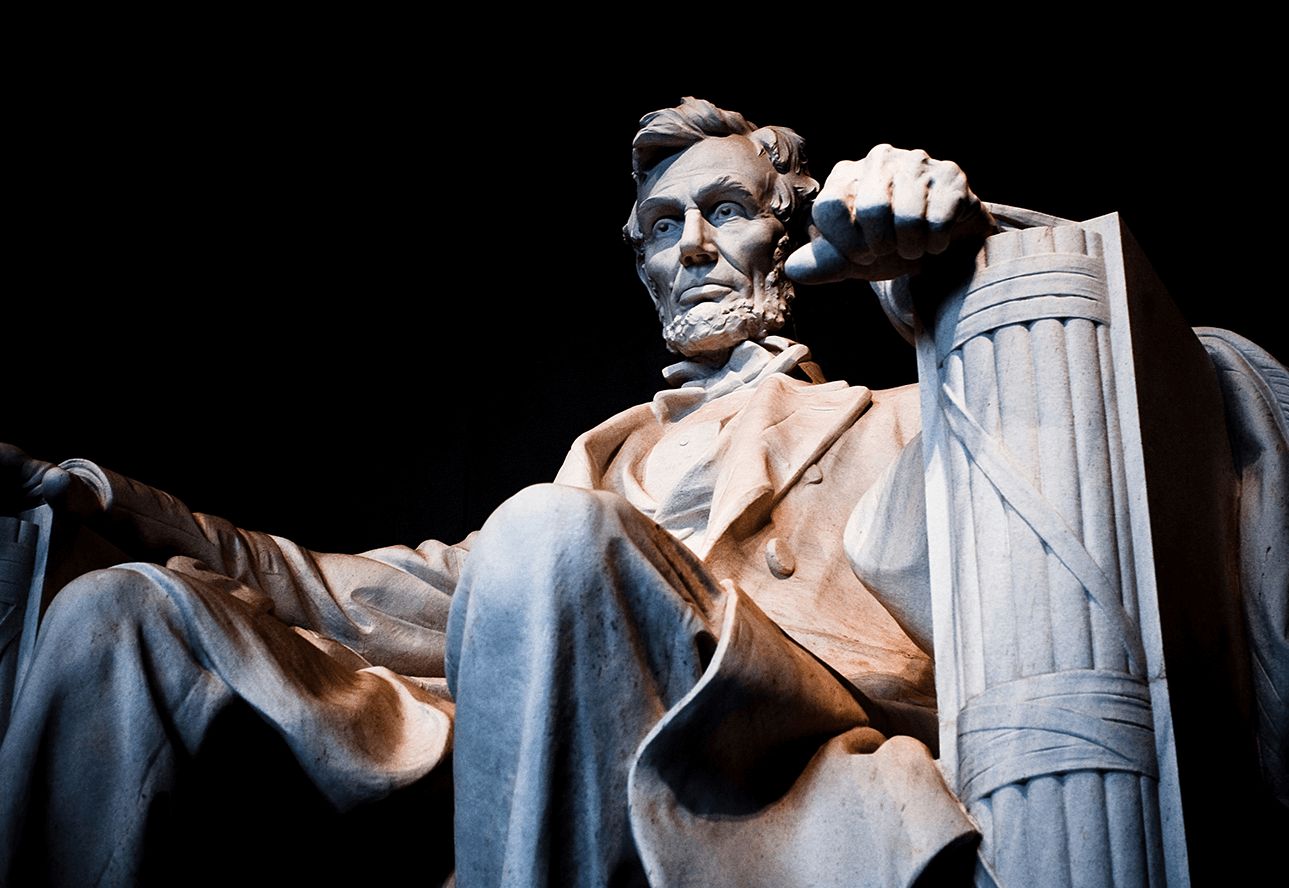- Conservative Fix
- Posts
- Lincoln Made Thanksgiving a National Holiday During America’s Bloodiest War
Lincoln Made Thanksgiving a National Holiday During America’s Bloodiest War
At the height of the Civil War, Lincoln saw gratitude and faith as the way to reunite a shattered nation.

Thanksgiving didn’t become a national holiday in peaceful times it was born out of war. While today’s celebrations often center around turkey and football, the roots of this American tradition trace back to the blood-soaked fields of the Civil War, when the country was literally tearing itself apart.
It was President Abraham Lincoln, in 1863 in the middle of the nation’s deadliest conflict who called for a national day of thanksgiving, prayer, and unity. Over 750,000 Americans were killed in the Civil War, and the country was suffering division not seen before or since. Yet Lincoln had the moral clarity to look beyond the battlefield and remind Americans of their shared heritage and higher purpose.
In a bold proclamation written by Secretary of State William Seward, Lincoln invited the people of the United States to:
Thank God for the blessings the nation still enjoyed
Seek divine help in healing the anger and rebellion gripping the country
Pray for wisdom for the government and a return to “fraternal peace”
This wasn't just a religious gesture. It was a declaration of national unity through gratitude and repentance a call to return to the country’s founding values under God. Lincoln saw Thanksgiving not just as a holiday, but as a pathway toward restoring what the Founders had envisioned.
At that time, several states already observed Thanksgiving, but not in unison. The idea of a unified national celebration came in part from Sarah Josepha Hale, an influential writer and magazine editor known for penning Mary Had a Little Lamb. For 17 years, she lobbied presidents and wrote essays urging that Thanksgiving be recognized on the same day across all states.
In 1863, she wrote to Lincoln directly, urging that the “Great American Festival of Thanksgiving” be made permanent. Just a month later, Lincoln made it official — designating the last Thursday of November as the national day of thanks. It was a remarkable moment: a fractured nation, engulfed in war, being called to pause and give thanks.
Hale understood what many politicians today have forgotten that a shared tradition can bind a nation together. She wrote that even families divided by distance or conflict could find comfort knowing that all were sitting down to the same feast on the same day, grateful for what still endured.
Her vision, combined with Lincoln’s moral leadership, laid the foundation for the Thanksgiving we know today a holiday centered on faith, family, and freedom. It was never about food alone; it was always about uniting a people with deep gratitude for God's providence and a commitment to each other as Americans.
In today’s divided political climate, there’s no shortage of comparisons to Civil War-era division. But let’s be honest the anger and cultural decay we’re witnessing now pales in comparison to the real Civil War, when brother fought brother and entire towns were reduced to rubble.
And yet, even in that dark moment, Lincoln called the nation back to God and back to gratitude.
That legacy should challenge us today. Thanksgiving isn't just a day off it's a living reminder of what we share, even when we disagree. If Lincoln could call for unity in 1863, we have no excuse not to pursue it now.
So this Thanksgiving, don’t just carve the turkey. Carve out time to remember what really holds this nation together and why it’s still worth defending.
Subscribe to our newsletter for more stories that remind us who we are and what we’re fighting for.